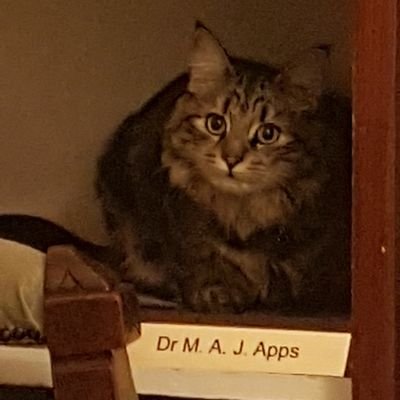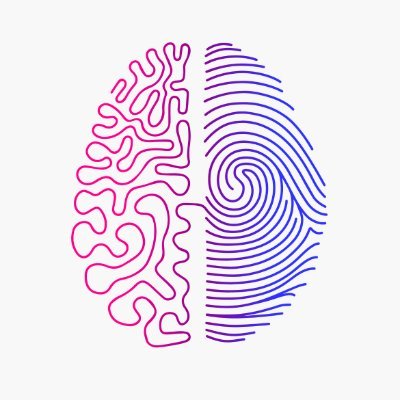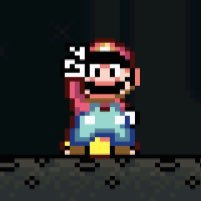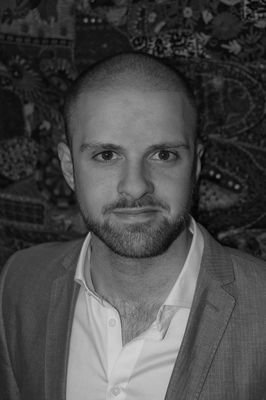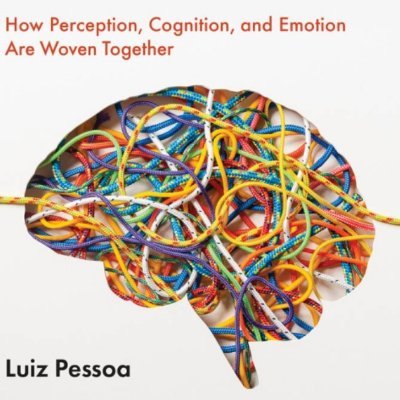
Jonny Smallwood
@the_mindwanders
Followers
3K
Following
3K
Media
383
Statuses
8K
Psychology professor tweeting in a personal capacity.
Kingston, Ontario
Joined February 2014
Long awaited 2nd album by @NaturalPhiloso3 Give it a #spin Science radio has NEVER been this good @DrSFink @m_wall @leechbrain @BorisBernhardt @RCarhartHarris @ravennwallace @AFornito @adamgturnbull @sofievalk @Unthought10 @HaoTingW713 @manos_tsakiris @micahgallen @DrGBuckingham
Listen on #Spotify 👇 https://t.co/8zWrq88VGS
3
13
25
I would be grateful for the retweets. Open PhD position in my group to look at using cognitive computational Neuro approaches to understand motivation.
Funded PhD (UK students only). Interested in a PhD working in @MSNlab, co-supervised by @froemero1? Topic is flexible around themes of motivation and decision-making, using techniques such as computational modelling, brain imaging, or brain stimulation.
1
55
40
☀️ New preprint! ☀️ Cognitive tests from 23,000+ participants in 4 datasets show cyclical fluctuations across the calendar year, including a small but replicable “summer slide” where youth show worst performance after school vacation. https://t.co/idZiwpDQML thread below! 👇 /1
0
1
3
Super stoked that we finally have our socials up and running & a big thank you to our lab coordinator Madhu for her fantastic work in putting our website together! Check us out at https://t.co/fjDjq2DhrH!
quadlab.ca
Introducing the QuAD lab! The @queensuniversity Attentional Dynamics Lab at @QueensPsyc investigates how, when, and why attention shifts over time. We’re so excited to introduce you to the team and talk about some of the cool work that we’ll be launching soon!
0
1
8
Dear colleagues, please circulate, I am looking to fill a PhD position in computational neuroscience - fully funded (3 years). Part of an international collab. (4 labs) to test and develop further computational models of episodic and spatial memory https://t.co/2Qq6LcahOP
cbs.mpg.de
3
75
184
I'm happy to share our Review article in @TrendsCognSci , "Cognitive Maps and Schizophrenia", synthesising evidence for representation-level abnormalities in the condition, and proposing directions for future work. https://t.co/5wUwAbFCTs
7
66
223
🚨 Postdoc Position Available in Electrophysiology & Machine Learning! 🚨 Join our team at the Institute for Neuromodulation (Hôpital St-Anne) in Paris, France. Work on cutting-edge research involving voltammetric recordings in human patients. [1/5] 🧵 #Postdoc #Neuroscience
1
13
21
Remember back in 2022, when we didn't need to worry about a 2nd Trump Presidency, but were concerned about how many participants it would take to map links between personality & brain activity? (cf work by @smarek0502 & @ndosenbach) We have good news 👇 https://t.co/ebwjrvYwJV
1
24
62
Happy to announce! Come join us for a great meeting! Check https://t.co/AKDCbC5yQX and join the society :-) #neuroscience
#philosophy
1
7
39
We’re still looking for one more MSc or PhD student to join our lab @USherbrooke! 🇨🇦 Canadian students can start as early as January! We have many ongoing projects in neuroimaging of epilepsy and early brain development. More info here 👉🏼👉🏽👉🏾
slic-lab.github.io
Exploring cutting-edge research in neuroimaging, epilepsy, brain development, and so much more!
My new lab @USherbrooke is hiring (MSc, PhD)! * Cool research on neuroimaging, epilepsy, brain development, etc. * Located in a brand new building (lots of natural light) * Worldwide collaborations * Fun & inclusive environment * FR/EN Find out more:
1
15
18
Super interesting paper, excited to dig in
Remember back in 2022, when we didn't need to worry about a 2nd Trump Presidency, but were concerned about how many participants it would take to map links between personality & brain activity? (cf work by @smarek0502 & @ndosenbach) We have good news 👇 https://t.co/ebwjrvYwJV
0
1
5
0
0
1
Long awaited 2nd album by @NaturalPhiloso3 Give it a #spin Science radio has NEVER been this good @DrSFink @m_wall @leechbrain @BorisBernhardt @RCarhartHarris @ravennwallace @AFornito @adamgturnbull @sofievalk @Unthought10 @HaoTingW713 @manos_tsakiris @micahgallen @DrGBuckingham
Listen on #Spotify 👇 https://t.co/8zWrq88VGS
3
13
25
This project was led by the AWESOME @Hardigirl (post doc in @THinC_Lab) but benefited from collaborations with @MilhamMichael @TingsterX @sofievalk @leechbrain @borisberhardt @DanielMargulies and others.
1
0
3
The good news is that we can optimise task contexts to maximise their sensitivity to specific relationships, reducing the cost of future BWAS. See work by @leechbrain @romy_lorenz to see how this could work https://t.co/6r3Yc7IHK0
1
2
3
So the take home is that BWAS studies that use only 1 situation (often rest) require large sample sizes because any single situation may not be suited to detect brain-trait associations for all trait dimensions. See this nice review by @GrattonCaterina
pubmed.ncbi.nlm.nih.gov
Predicting individual behavioral traits from brain idiosyncrasies has broad practical implications, yet predictions vary widely. This constraint may be driven by a combination of signal and noise in...
1
2
8
Importantly we looked at how many people you would need to show the relations in the best tasks for capturing a specific trait. Our estimates suggest hundreds (not thousands) of people would be needed to show the brain-trait relationship seen in the whole sample.
1
3
7
These relations were clear for #gradients 3 (task positive-task negative) and 2 (vision-motor). Tasks with a strong response for one trait were different to those for other traits. This suggests there is likely no -one-size-fits-all situation for all brain-trait associations
1
1
3
We examined if location of any of the tasks in the state-space varied with traits using Linear Mixed Models in R. We found little evidence that traits uniformly impact on brain activity in all tasks. Instead brain-trait association were often stronger in some tasks than others 👇
1
1
5
To this end we took the task data from the Human Connectome Project and examined how brain activity in each situation vary with the Big-5 Personality traits. We built a 3d state-space using the first three #gradients from the work by @margulies and projected task data into it 👇
1
1
6
Brain Wide Association Studies (BWAS) often make an assumption: Traits are expressed equally in a situation e.g. rest. However, psychology know some traits are expressed more in some situations than others. this contextually-bound view of personality help improve BWAS?
1
0
6


